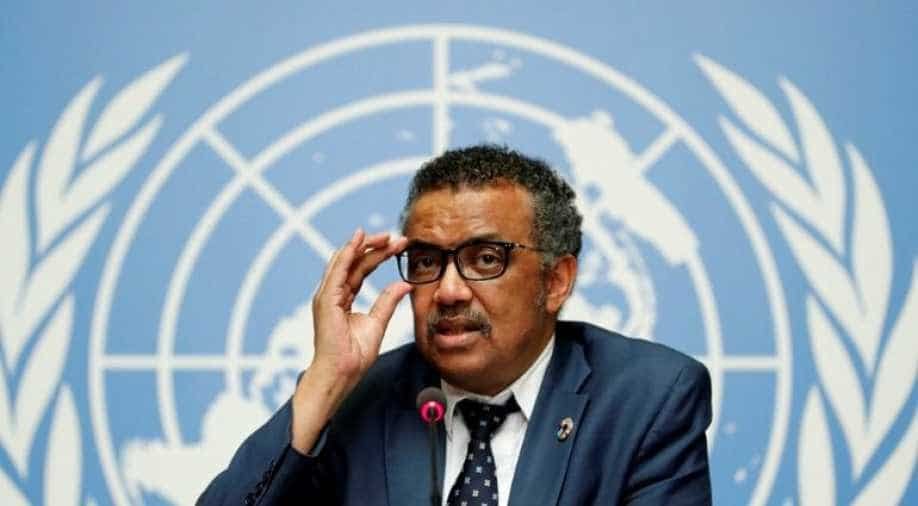As Nigeria joins the rest of the world to mark World Asthma Day 2025, today, the Amaka Chiwuike-Uba Foundation (ACUF) has raised the alarm over the country’s continued use of outdated asthma treatments and the worsening impact of air pollution on public health.
Health experts, patients and environmental advocates noted that chronic respiratory disease affects more than 300 million people globally.
Development economist and founder of ACUF, Prof Chiwuike Uba, described the present state of asthma care in Nigeria as deeply troubling. He said most primary healthcare centres (PHCs) across the country were poorly equipped and lacked trained personnel, essential diagnostic tools, and up-to-date medications necessary for managing chronic respiratory diseases such as asthma.
He criticised the continued inclusion of oral salbutamol and corticosteroids in the country’s Essential Medicines List (EML), despite international recommendations against their use.
The oral medications, he explained, are associated with harmful side effects such as tremors, irregular heart rhythms and increased risk of asthma attacks and death. However, the drug remains more accessible than safer, inhaled alternatives due to cost and outdated prescription practices despite World Health Organisation (WHO) warnings.
Uba stressed the urgent need to align Nigeria’s EML with the World Health Organisation’s guidelines by phasing out outdated therapies for modern inhaled corticosteroids and combination treatments. These inhaled medications, he noted, are globally recognised as the cornerstone of effective asthma management.
Quoting WHO statistics, Uba said more than 250,000 asthma-related deaths occur each year worldwide, with over 80 per cent of those deaths occurring in low- and middle-income countries. Although Nigeria lacks comprehensive national data, asthma is estimated to account for up to 10 per cent of emergency room visits and is a major contributor to illness, especially among children and young adults.
According to Uba, the prevalence of asthma in Nigeria ranges between 5.1 and 14.7 per cent and is expected to rise further due to increased urbanisation and worsening air quality.
One of the most critical gaps, he added, is the absence of a national guideline for asthma management. “In the absence of a unified, evidence-based framework, healthcare workers are left to rely on outdated knowledge and inconsistent treatment approaches, leading to poor disease control and needless suffering.”
Beyond the healthcare system, environmental pollution is playing a major role in the country’s asthma crisis and Uba pointed to major cities such as Lagos, Port Harcourt and Kano, where air quality ranks among the worst globally.
To reverse the trend, Uba called for sweeping reforms in asthma care. He said the government must prioritise the revision of the EML, subsidise inhaled treatments under the National Health Insurance Authority (NHIA), and invest in the revitalisation of PHCs.
He reaffirmed the foundation’s commitment to continue advocating policies that improve asthma care and support patients across Nigeria.
This year’s theme, ‘Make inhaled treatments accessible for all’, underscores the critical role of awareness, early diagnosis, and proper management in reducing asthma-related complications and deaths, and ensuring everyone has equal and uninterrupted access to treatment.
According to the Global Asthma Report 2024, in Nigeria, studies indicate a high prevalence of asthma, with one study showing a pooled prevalence of 10.2 per cent among adolescents and adults. The report highlights the importance of evidence-based guidelines and locally relevant strategies for effective asthma care.
In Nigeria, the cost of asthma medicines is not subsidised. For people with asthma, this results in catastrophic costs to purchase asthma medicines.






